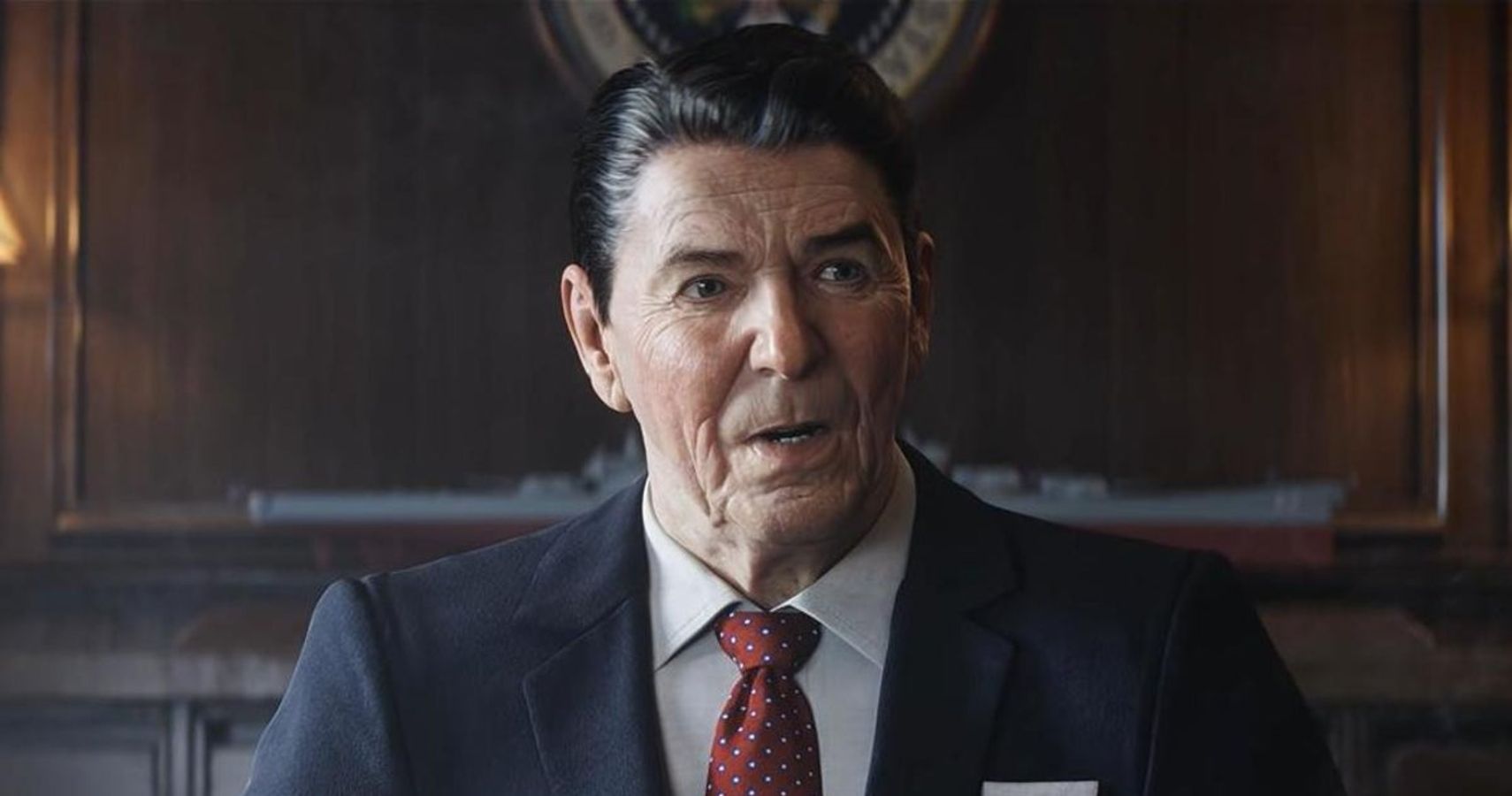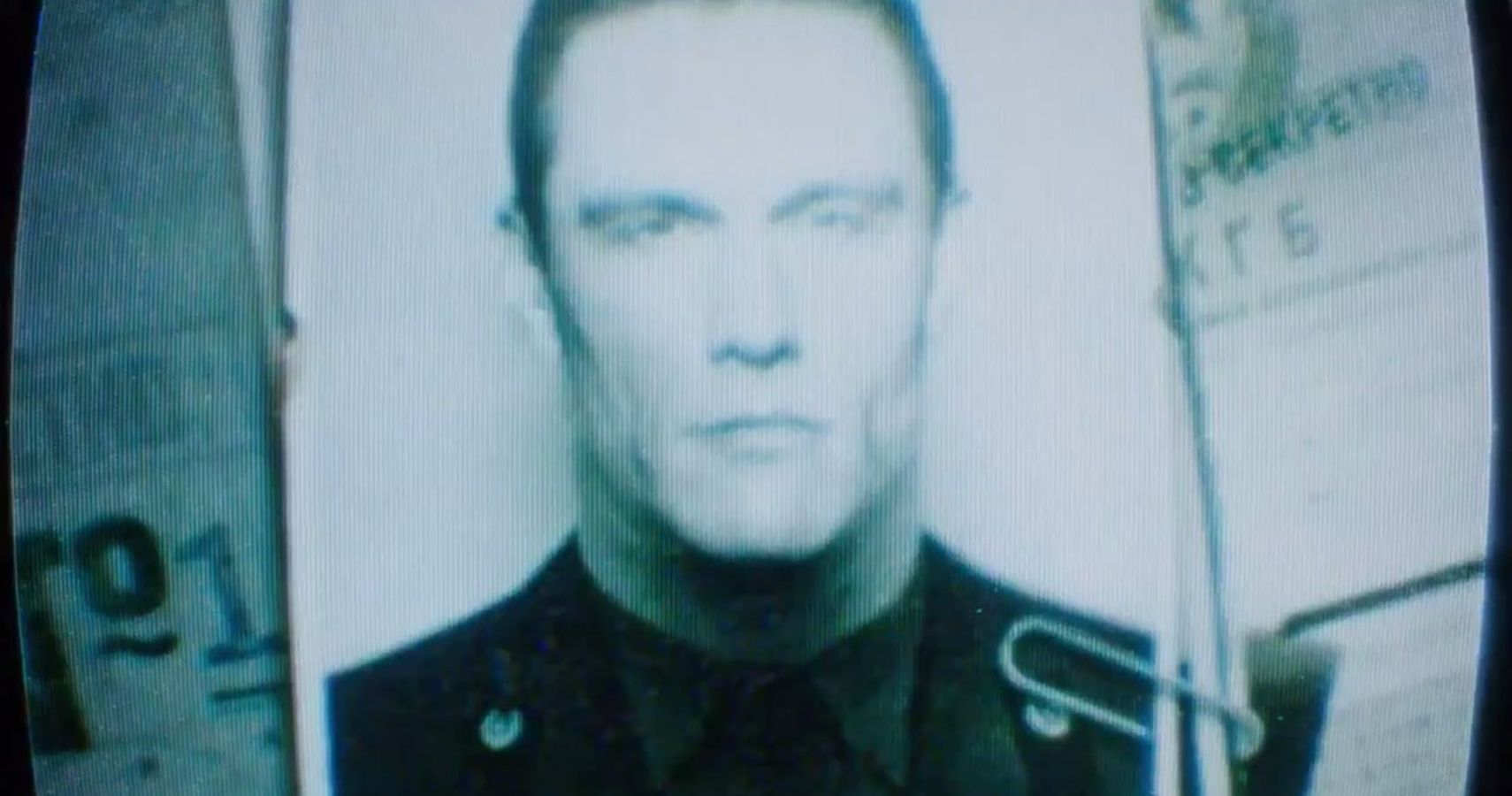Call of Duty is not a source most people go to when looking for accurate historical information, but the popular series still helps shape popular perception of political events, particularly those surrounding the US military and intelligence agencies. Because of this, people notice when this supposedly “apolitical” series’ divergences from real history seem to follow a geopolitical agenda. All this is to say, Call of Duty: Black Ops Cold War claims that the USSR was behind the Iran Hostage Crisis.
In Black Ops Cold War, the player interacts with some characters who were involved in the Iran Hostage Crisis. One of them boasts that a spy named Perseus was behind it. There are a couple problems with that, the first being that Perseus may not have existed. Of course, most of the characters in Call of Duty never existed, so it’s a little more complicated than that. In real life, Perseus was the alleged code name of a spy who supposedly stole nuclear secrets from the United States for the Soviet Union. However, modern consensus is that this hypothetical spy was a complete fabrication.
That alone is not an issue. All Call of Duty did by including Perseus is make a mythologized figure of the Cold War into their game’s villain. However, in the hypothetical “canon” of the spy’s history and exploits, Perseus was never implicated in the Iran Hostage Crisis. In fact, the Iranian revolution that sparked the crisis did not help Russia at all, since the theocratic Ayatollah was no more friendly toward the Soviet Union than the US-backed Shah.
Why does this matter? Call of Duty’s stories are ostensibly an alternate history, so what does it mean that a geopolitical power is blamed for a crisis they had no involvement in? It contributes to a growing sentiment of Neo-McCarthyism, a new Red Scare. The idea that “if something bad happens, the communists must be behind it” is not a new one, and has implications in modern politics. One must look no further than disproportionate hand-wringing over “outside agitators” controlling any progressive political movement to see this worldview in action. In Call of Duty, Russia does not just represent Russia - it is a convenient frightening outsider that can be blamed for anything that happens. A geopolitical bogeyman.
It is also worth noting that this is not the first time this has happened. In Call of Duty: Modern Warfare, the Highway of Death, in which the United States committed a war crime by bombing retreating Iraqi troops, is attributed to Russian forces instead. This incident is less well-known than the Iran Hostage Crisis, but the revisionism is arguably worse, absolving America of a war crime while placing blame on the scary Russians.
A generous interpretation of these events would be that Call of Duty needs a villain, and is simply piggybacking off of existing popular opinions of America’s geopolitical rivals. On the other hand, perhaps a series that hired Oliver North—who famously sold arms to Iran to fund terrorist contras in Nicaragua—does not have an entirely neutral view on global politics.


